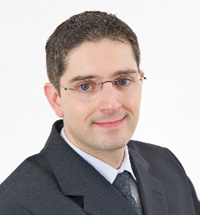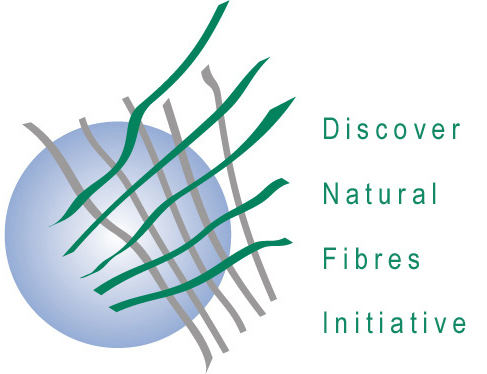ICNF 2017 - 3rd International Conference on Natural Fibers
Leonardo Simon
 |
Natural Fiber for Automotive Applications - Case Studies
Department of Chemical Engineering, University of Waterloo, Canada |
Biography
Leonardo C. Simon is a Professor in the Department of Chemical Engineering at the University of Waterloo, in Canada. He joined the University of Waterloo in 2002. He teaches undergraduate (Materials Science and Engineering) and graduate courses (Polymer Science, Nanocomposites). His research areas include the synthesis, characterization and properties of polymer materials, nanocomposites and bioproducts. His research group uses nanotechnology, polymer science and engineering to develop new and enhanced thermoplastics and composites for applications in automotive, packaging and consumer goods.
Abstract
Natural fibers can be utilized in the preparation of polymer composites for many industries. The automotive sector has made several advances to increase the sustainability of cars by reducing weight with extensive use of thermoplastic composites. Glass fiber and talc are widely used in the formulation of thermoplastic composites in the automotive industry and set the benchmark for the balance of performance and cost. The use of renewable feedstock and natural fibers can bring many benefits to the composites in vehicles, such as reduction of carbon emissions using lightweight materials (fuel savings) and renewable contend. The reduced specific gravity of natural fibers compared to mineral counterparts (glass fiber or talc) have the potential to produce automotive parts with reduced weight thus creating a direct benefit; whereas the benefits of renewable content are more challenging to quantify. There are many examples in the open literature about the benefits of natural fibers to the physical properties of thermoplastic composites. However there are much fewer examples of applications of natural fibers in the automotive industry. Our research group has contributed to significant advances in agricultural fibers, specially wheat straw and oat hulls. This presentation will discuss the case study of thermoplastic composites based on polypropylene-straw fiber that was developed in collaboration with industrial partners and implement by Ford Motors. There are many challenges that still need to be better understood to further increase the utilization of natural fibers in manufacturing thermoplastics composites: feedstock availability and preparation, thermal stability and dispersion. This presentation will also discuss the role of the university in the industrial collaborations and how such collaboration can accelerate innovation.














